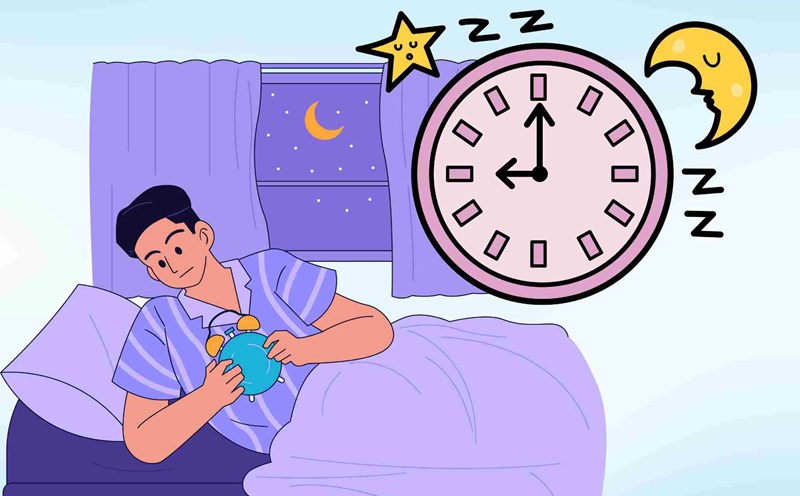According to Healthline, sleep is important throughout life and the message of sleep with the body can change over time. As people age, sleep may need to change to suit their body's conditions.
According to the US Centers for Disease Control and Prevention (CDC), lack of sleep can cause depression, heart disease and type 2 diabetes. They also note that about a third of people in the US report not getting enough sleep.

The CDC recommends that adolescents aged 13 to 18 sleep 8 to 10 hours a day. But when people are mature, sleep duration also has certain adjustments.
Accordingly, people aged 18 to 60 should sleep at least 7 hours a night. People aged 61 to 64 need to sleep 7 to 9 hours a night. People aged 65 and over need to sleep 7 to 8 hours a night.
The National Institute of Aging believes that people need to sleep less as they age is a misconception. Experts say that all adults, including the elderly, should sleep 7 to 9 hours a night.
The American Academy of Sleep Medicine and the Sleep Research Association recommend that adults sleep 7 hours or more per night.
Sleeping more than 9 hours can be suitable for young people, people recovering from illness, or people trying to sleep compensately. However, this is not recommended for healthy adults.
The amount of sleep that adults need to stay stable throughout their lives, says Lauri Leadley, a neurologist in brain electrolyte technology, clinical sleep educator and president of the Valley Sleep Center.
However, she admits that sleep can become more difficult as people age.
"Old people spend less time on the deeper stages of sleep, causing deep sleep problems. In addition, their circadian rhythm changes with age, causing them to sleep earlier and wake up earlier, she says.











